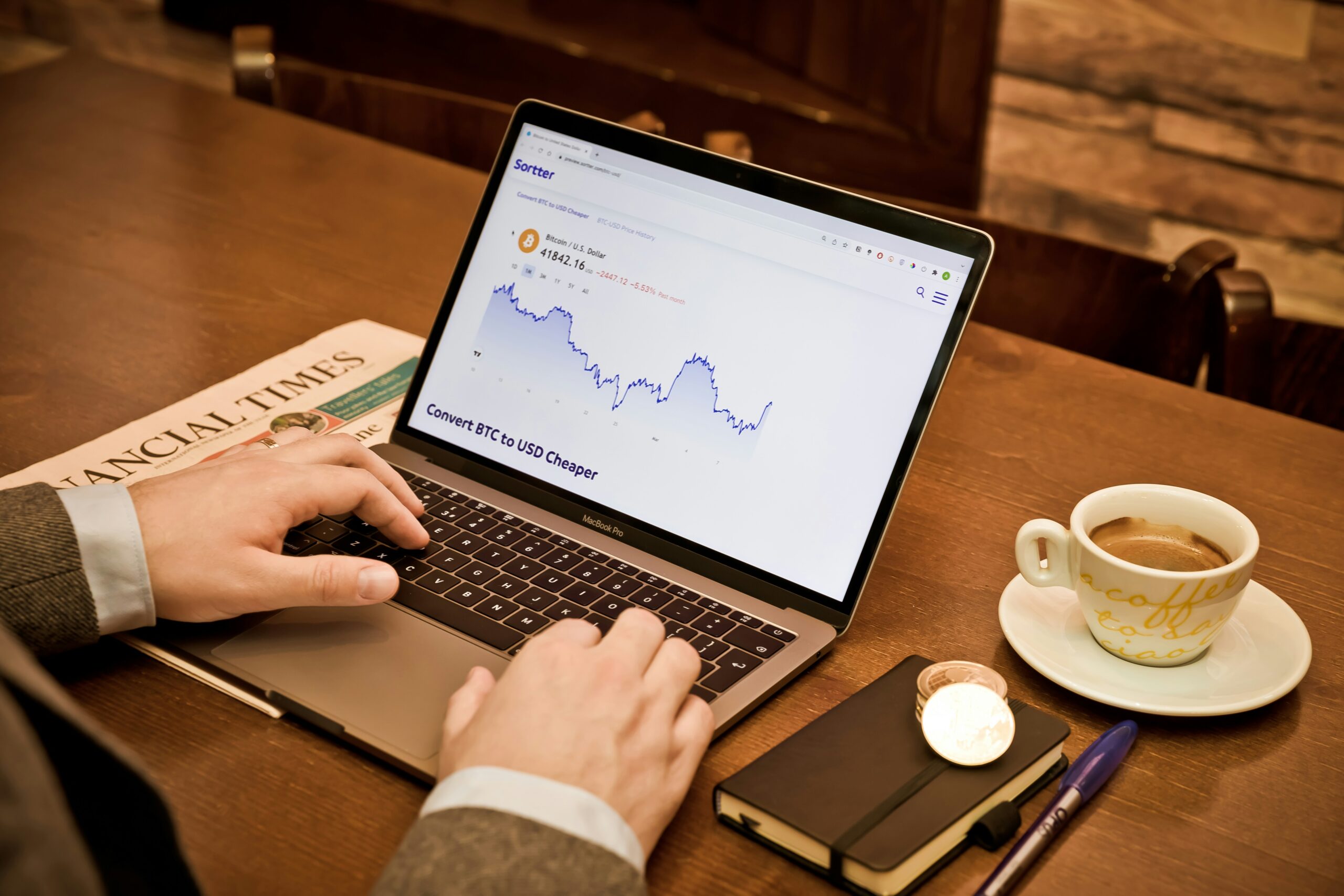Have you ever paused to think about the legacy you’re building—not just for your company, but for the people you impact daily? How does your leadership today affect the long-term success of your organization and those you lead? These aren’t just theoretical questions. They shape how you approach business, investments, and your leadership role.
Today, I want to unveil something genuinely transformative: how the biblical principles of economics, investing, and generosity from Genesis 16-19 can revolutionize your leadership and leave a lasting impact. This is more than just financial advice; it’s a way of living and leading that creates sustainable, long-term success. Understanding Biblical economics in business can genuinely transform your leadership.
The Economics of Integrity: Your Greatest Asset
Imagine every decision you make in your business is like a covenant—just as God established with Abram in Genesis 17:1-2. In that passage, God promised to multiply Abram with integrity if he walked before Him. It’s a simple yet profound principle that speaks directly to how you run your company.
Economics isn’t just about dollars and cents. Biblical economics in business is about the value of trust, integrity, and relationships. When you lead with integrity, your greatest economic asset becomes your greatest. People notice when decisions are rooted in honesty and transparency in business conduct. This builds not only trust but long-term success.
Whenever you prioritize integrity over shortcuts, you align your business with a principle that transcends spreadsheets. Integrity creates lasting success because it builds the trust that keeps clients, employees, and partners returning, providing a solid foundation for your business.
Investing with a Long-Term Vision: Faith in the Process
Now, consider how you invest your resources—time, energy, and capital. Are you thinking short-term or long-term? In Genesis 17, God promised Abram a future filled with blessings, but it didn’t happen overnight. It required faith, patience, and a vision for something greater.
Check out my recent podcast, which discusses Biblical long-term investment, below.
In the same way, successful investing—whether in business or relationships—requires a long-term perspective. Quick wins can be tempting, but they don’t always last. Actual growth happens when you’re willing to trust the process, invest wisely, and allow time for your efforts to compound.
You may already invest in your people, systems, or new opportunities, but are you patient with the results? Long-term success often requires steady, strategic investments that yield much more down the line. It’s about planting seeds today for a harvest you’ll reap tomorrow. This aligns perfectly with Biblical economics in business by focusing on sustainable growth.
Generosity: The Ripple Effect of True Leadership
Think back to Genesis 18:17-19, where God talks about Abram’s future blessings that would extend to all nations. Here’s a critical lesson: Generosity is a multiplier. It doesn’t just benefit the person giving—it ripples outward, affecting everyone connected to it.
In a previous post, I discussed Generosity as a Reflection of God’s Abundance.
In business, generosity isn’t just about charity or donations. It’s about empowering others, sharing your knowledge and time, and creating growth opportunities. When you practice generosity—whether through mentoring a promising leader, fostering innovation within your team, or even being generous with recognition—you create a culture of abundance.
This kind of generosity isn’t measured by how much you give but by how much you create through giving. It turns your leadership into a platform for growth, not just for you but for everyone around you. Your leadership legacy will be defined by the opportunities you create for others, inspiring growth and innovation with principles aligned to Biblical economics in business.
Aligning Your Business with Timeless Principles
Let’s take a step back and look at how these principles—economics, investing, and generosity—apply directly to your leadership. Building a legacy isn’t about short-term gains or cutting corners. It’s about aligning your actions with timeless principles that lead to lasting impact.
- Integrity ensures your business is built on a foundation that won’t break under pressure.
- Investing with a long-term vision means thinking about today’s and future growth.
- Generosity amplifies your leadership, turning it into a platform that empowers others.
When you lead with these principles in mind, you’re not just running a company but creating a legacy far beyond profits and quarterly results. You’re building something that lasts and aligns with the principles of Biblical economics in business.
Conclusion:
So, how can you start applying these principles today?
Begin by reflecting on how you’re leading your business.
- Are your decisions grounded in integrity?
- Are your investments aligned with a long-term vision?
- Are you practicing generosity in a way that empowers those around you?
Now is the time to act. Align your business with these principles and watch your leadership transform into something that drives success and builds a lasting legacy. If this message resonates with you, I’d love to hear how you apply these principles in your life and business. Let’s explore Biblical economics in business together.
Let’s continue the conversation—subscribe for more insights on how biblical principles can guide your leadership journey and business growth. Together, we can build something that lasts.
